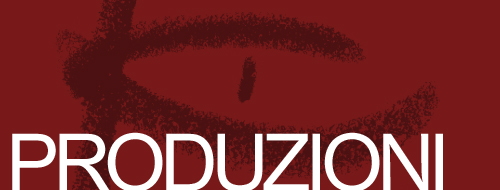|
« Some little girls have the unpleasant tendence to become adult: i wish you will never do something like that before our next meeting. »
Charles Lutwige Dodgson, alias Lewis Carroll
Alice troubles and amuses as well. When Carroll published "Alice in Wonderland" an english newspaper wrote: «this novel own this benefit, it does not have a moral, and that doe not teach anything». Masolino D'Amico goes over: «a book of overwhelming anarchy, a book where the authority is despotic, fickle and intolerant, where the institutions are incomprehensible and unfair, where the deity is not even mentioned; a book where the usual lessons addressed to children are costantly ridiculed, where the educative poems, hardly teached by heart at school, are deprived of all meaning».
On top of all this, its author, Lewis Carroll, doesn't exist: he's a big fantasy that fits the reverend Charles Lutwidge Dodgson's identity, discrete and stuttering matemathician as well as exceptional photographer, obsessed by the unstoppable childhood that you can not stop growing and becoming adult: What is Alice if not a book for adults fed up of growing up for nothing? This is a book that reconciles us with the most irremediable misfortune of life: never to be adults and then, suddenly, no longer children.
On the stage a white rabbit, an egg wiser than a dictionary, a cat, a queen, a hatter, some daisies and two knights. It's a small army made of crazy deranged prepared for facing a big enigma: how to show this masterpiece? How to present it, after one hundred and fifty years, to a new audience? What topsy-turvy world could defile our children and the children asleep in us, now adults?
It doesn't make sense ‘translating' literally the Carrol's text: new nonsense, new veins of madness and fun, new characters and wonders fill this Alice, applying then the rules of the Theatre, that real one, which belongs to the companies that for surprising again have to work hardly.
Francesco Niccolini
Watch the teaser
|
